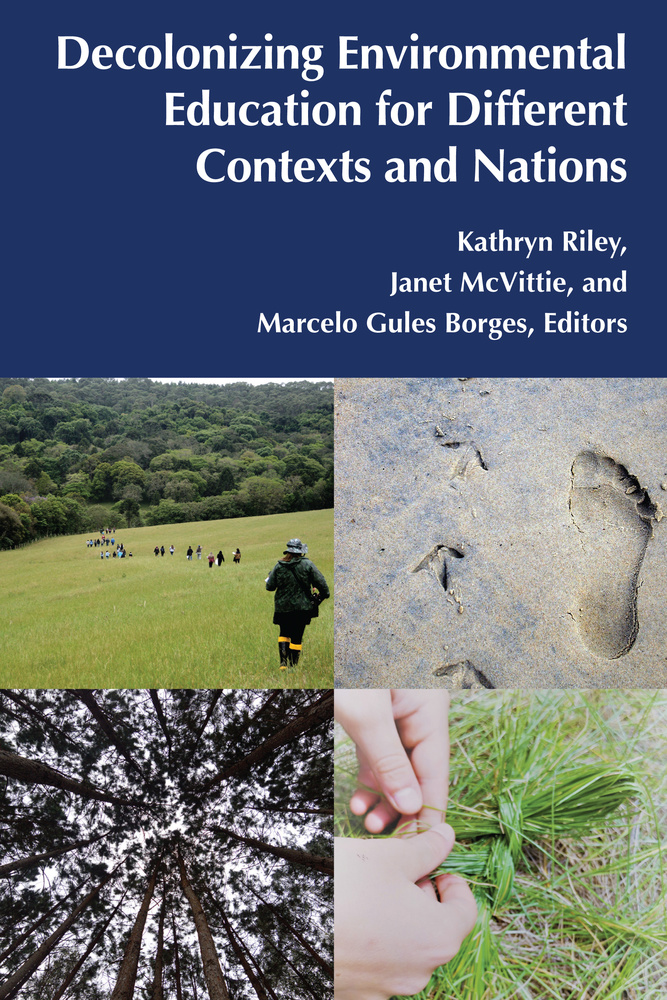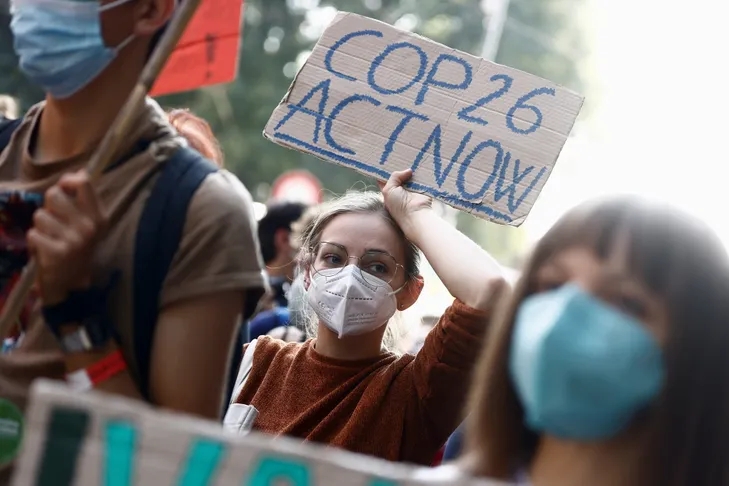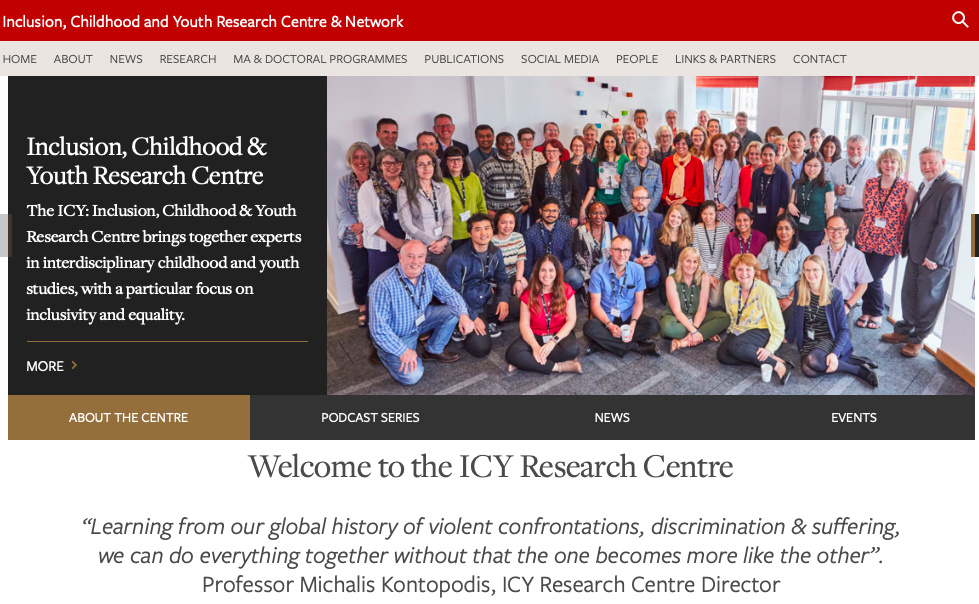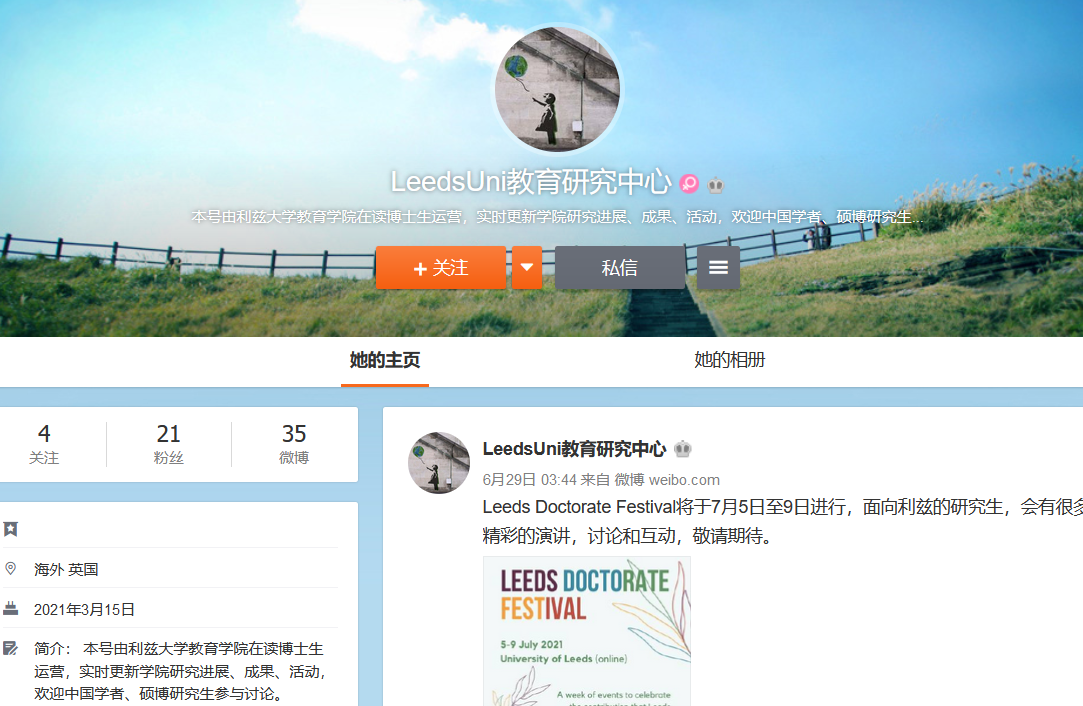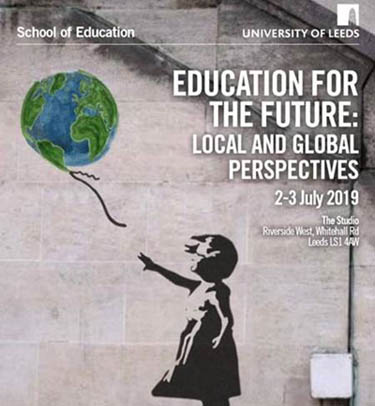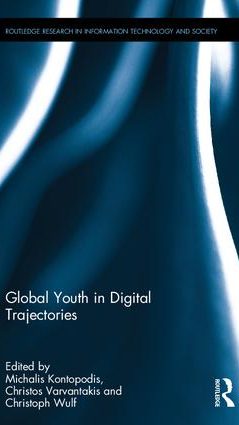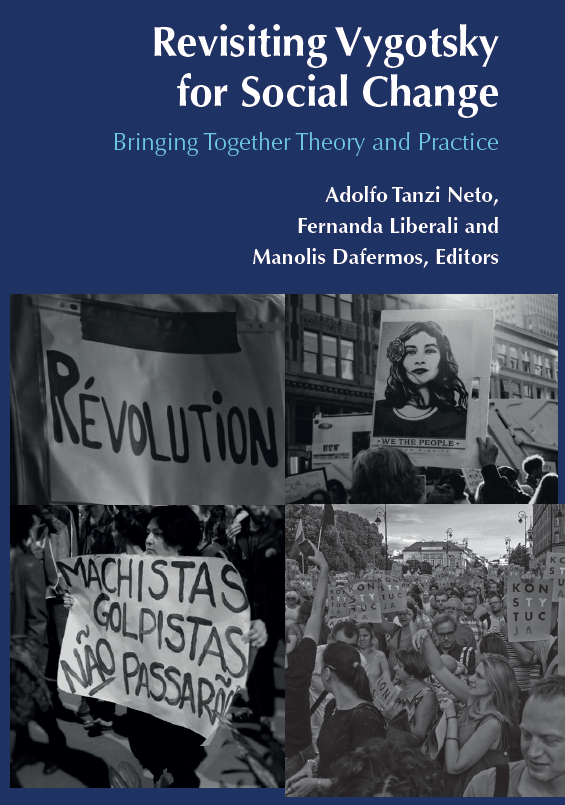The contemporary world is becoming increasingly hyperconnected through dynamic flows of media images and multimodal designs, which are sometimes even automatically produced by Other-than-human agents such as algorithm-based deep learning networks. Post-digital communication among young people takes place through interactive, mobile and online platforms that enable the speedy production and circulation of multimodal designs between school, home and community settings as well as across diverse geographical areas. Affordable immersive technologies are gradually enabling children and young people to play, learn, express themselves, socialise and participate in political activities in blurred on-/ offline, AI-/human- generated settings and communities – hereby referring not only to mobile audio- and video-based communication but also to games, Makerspaces, 3D printing and peer-to-peer economies.
In this frame, youth on/-offline communities are not only virtual communities in the widespread sense of virtual (i.e., made to appear to exist by software cf. Rheingold 2000) but integral parts of the youth’s on-life-living worlds (in German “Lebenswelt”). Children and young people, indeed, are nowadays indeed endlessly onlife i.e., surrounded by smart, responsive devices during they teach and learn, play, shop as well as entertain themselves – as Luciano Floridi described already in 2014 (Floridi 2014).
Much research has explored the role new digital technologies play in everyday lives of young people – inside and outside of school. The first wave of relevant scholarship mostly explored online and mobile learning and socialisation (cf. Jörissen 2007; Pachler/ Bachmair/ Cook/ Kress 2010; Selwyn 2013); A second wave of research argued that the boundaries between life online and life offline are increasingly blurred, to an extent that the original meanings of the words online and offline seem to be diffused, both in theory and in practice (Westphal & Jörissen 2013; Kontopodis/ Kumpulainen 2022). The Covid-19 pandemic and the emergence of ChatGPT have further accelerated relevant developments, with emerging novel forms of blended online and offline learning enabling multiple hyper-connections between different institutional spaces, across diverse cultural and socio-economic milieus, and through varied times and places (cf. Kontopodis 2019).
AI-hyper-connectivity enables the speedy formation and negotiation of political views, knowledge and beliefs across diverse, blended, onlife, virtual spaces. Our research shows that young people try, for example through the production of brief videos and digital micro-blogs, to bring to expression the political, economic, social, and emotional turmoil they often live through. In turn, multimodal representations and interpretations of the political situation are commonly intensified, reproduced by humans as well as by Other-than-human agents and proliferated in the virtual sphere, sometimes in agreement with and other times in opposition to mainstream media messages (cf. Kontopodis/ Varvantakis/ Wulf 2017).
In a process that entails risks as well as possibilities, the great variety of available ‘bottom-up’ hyper-connections and forms of expression may become obsolete and superfluous, though, if the prevailing way of being in the world is based on the overconsumption of images and digital messages. Relevant research has revealed that technological design privileges particular forms of communication while it constrains others. Mobile app design, for example, may affect differently young men and young women, while such effects are also dependent on the cultural and socio-economic backgrounds of young people. Implicit and unintended misrepresentation and discrimination against young women, non-Western cultures and forms of knowledge is often the result of this process (cf. Escobar 2018; Sanches/ Baitello-Jr 2018).
Child psychologists, youth scholars, educators as well as parents, children and young people have quite difficult tasks to fulfil in this frame; they should:
(a) safely transcend all hyper-connected online and offline spaces,
(b) critically engage with the processes of locating, creating, filtering, and/or reusing and remixing onlife AI-generated materials, multimodal designs, and multimedia products, and
(c) meaningfully position themselves while navigating the all-absorbing, contemporary flows of mediated information, digital images and multimodal designs.
Many challenges obviously may emerge in this frame, which should be addressed in and beyond formal educational settings – ideally beginning from early years and continuing all the way to secondary, post-secondary and higher education (cf. Kontopodis/ Kumpulainen 2020). Embracing the voices, preferences and views of diverse children and young people in this process is crucial. I am quite hopeful that the young people, who are growing up today, can indeed transform the world by using and further developing all new tools presently available, even if it may take some time to balance change in ways that are beneficial to all.
References
Escobar, A. (2018). Designs for the pluriverse: Radical interdependence, autonomy, and the making of worlds. Durham: Duke University Press.
EEF (2022). The impact of COVID-19 on learning: A review of the evidence. Education Endowment Foundation. Published online: https://d2tic4wvo1iusb.cloudfront.net/documents/guidance-for-teachers/covid-19/Impact_of_Covid_on_Learning.pdf?v=1671490083.
Floridi, L. (2014). The fourth revolution: How the infosphere is reshaping human reality. Oxford: Oxford University Press.
Jörissen, B. (2007). Informelle Lernkulturen in online-communities: Mediale Rahmungen und rituelle Gestaltungweisen. In C. Wulf/ B. Althans/ G. Blaschke/ N. Ferrin/ M. Göhlich/ B. Jörissen/ R. Mattig/ I. Nentwig-Gesemann/ S. Schinkel/ A. Tervooren/ M. Wagner-Willi (Eds). Lernkulturen im Umbruch: Rituelle Praktiken in Schule, Medien, Familie und Jugend (pp. 184–219). Wiesbaden: VS-Verlag.
Kontopodis, M./ Varvantakis, C./ Wulf, C. (Eds.) (2017). Global youth in digital trajectories. London: Routledge.
Kontopodis, M. (2019). The fluid classroom: Book narratives, YouTube videos & other metaphorical devices. Paragrana, 28(2), 101-105.
Kontopodis, M./ Kumpulainen, K. (2022). Technical Mediation of Children’s Onlife Worlds. In A. Kraus/ C. Wulf. (Eds.). The Palgrave Handbook of Embodiment and Learning (pp. 357-365). Cham: Palgrave Macmillan.
Kontopodis, M./ Kumpulainen, K. (2020). Researching young children’s engagement and learning in makerspaces: Insights from post-Vygotskian and post-human perspectives. In: Blum-Ross, A.; Kumpulainen, K./ Marsh, J. (Eds.) Enhancing digital literacy and creativity: Makerspaces in the early years (pp. 11-23). London: Routledge.
Pachler, N./ Bachmair, B./ Cook, J./ Kress, G. (2010). Mobile learning: Structures, agency, practices. Dordrecht: Springer.
Rheingold, H. (2000). The virtual community: Homesteading on the electronic frontier. Cambridge, MA: MIT Press.
Sanches, R.D./ Baitello-Jr, N. (2018). O processo iconofágico na relação entre o corpo feminino e as imagens midiáticas: O caso Andressa Urach. ECO-PÓS, 21(2), https://doi.org/10.29146/eco-pos.v21i2.10118.
Selwyn, N. (2013). Education in a digital world: Global perspectives on technology and education. London: Routledge.
Westphal, K./ Jörissen, B. (Eds.). (2013). Mediale Erfahrungen: Vom Straßenkind zum Medienkind. Raum- und Medienforschung im 21. Jahrhundert. Weinheim: Juventa/ Beltz.



